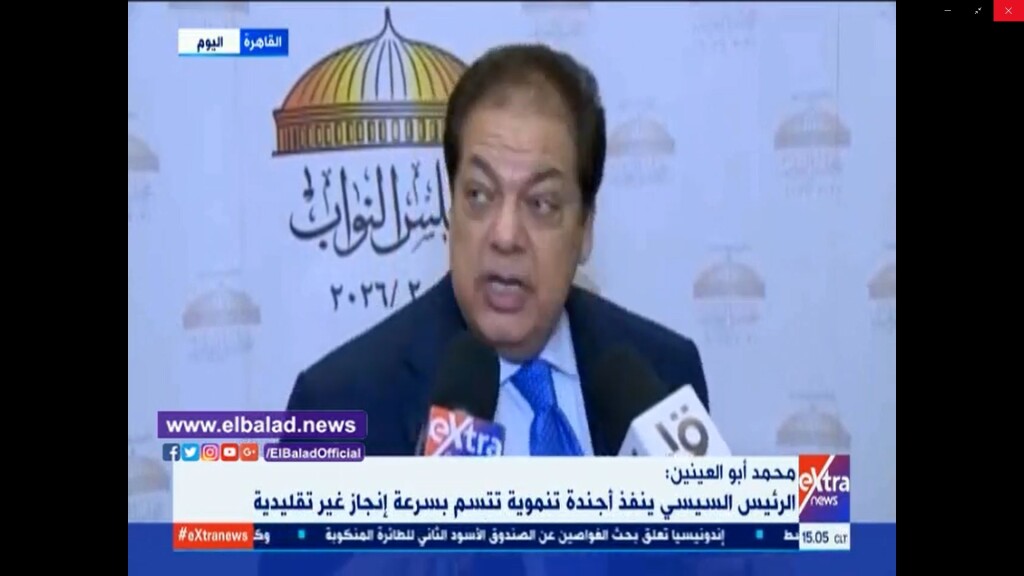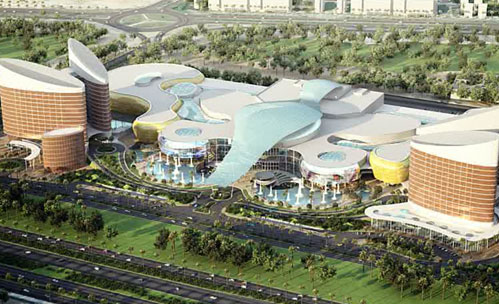
MP Mohamed Abou El-Enein emphasized that all the efforts undertaken by the state under the leadership of President Abdel Fattah El-Sisi aim to improve the quality of life of the Egyptian citizen, and to promote human rights in their comprehensive concept that includes political, civil, economic, social and cultural rights.
This came during the parliament’s representative participation on Sunday in the virtual meeting of the expanded consultative meeting held by the Technical Secretariat of the Permanent Supreme Committee for Human Rights, and organized by the Ministry of Foreign Affairs.
This comes in the context of preparing the national human rights strategy prepared by the Permanent High Committee for Human Rights headed by Sameh Shoukry, Minister of Foreign Affairs, and its membership includes representatives of the Ministries of Defense, Interior, Justice, Parliament Affairs, the General Intelligence Service (GIS), the Administrative Control Authority (ACA), the Public Prosecution, and representatives of the National Councils on Women, Motherhood, Childhood and Disability Affairs, as well as the State Information Service (SIS).
Abou El-Enein added that Egypt has achieved a great leap in the field of human development, namely in the fields of empowering women, youth, education, health, housing, transportation, reduction of the unemployment rate and promoting the rights of children and people with special needs.
Abou El-Enein stressed that this development has been achieved despite the major challenges Egypt faced, including terrorism that targets the most sacred of human rights, the right to life, stressing that no human can enjoy any kind of human rights without security and stability.
He pointed out that the interest in human rights issues stems from the president’s strong political will and a national self-conviction that the Egyptian people deserve a better living standard, far from any external considerations.
“Egypt has a long history in the field of human rights and has remarkable contributions in drafting the Universal Declaration and the International Covenants for Human Rights. It also has well-established national institutions, legal heritage and a progressive constitution that guarantees respect for human rights,” Abou El-Enein emphasized.
“The State’s new strategy will help defend the country against lies and false allegations propagated by the evil individuals and organizations,” he added.
The business tycoon warned that the human rights file has become a weapon to interfere in the internal affairs of countries and threaten their security and stability, calling on the Ministry of Foreign Affairs to lead efforts to inform the international community of Egypt’s achievements in this field.
“We have nothing to be ashamed of, rather we have many things to be proud of. We must speak forcefully in international forums, as President Sisi does, so that the lies that spread against us do not become like an accusation haunting the Egyptian reputation,” he stressed.
He added the importance of the proposed strategy based on the link between human rights and development, stressing that achieving high economic growth rates leads to an increase in individuals’ incomes and an increase in public spending on education, health, culture and social care, stressing the importance of pushing development forward in a way that contributes to promote individual rights.
On his part, Ahmed Ihab Gamal El-Din, Assistant Minister of Foreign Affairs stressed that the committee started its work to prepare a national strategy for human rights from the self-will of the Egyptian state and in response to the aspirations of its citizens, adding that only 35 countries in the world have such a national strategy.

He stressed that this strategy will be a national road map to promote human rights. “The strategy is based on many foundations stemming from the constitution, laws and conventions that Egypt has ratified, addressing the challenges that Egypt faces,” Gamal El-Din added.
He noted that the strategy moves in three main pillar, the first is legislative, the second is institutional, and the third is in the field of education and awareness building.
The meeting was attended by Diaa Rashwan, head of the Journalists Syndicate, Hussein Abdel Rahman, head of the General Farmers Union, and Acting President of IDSC, Osama Al Gohary, as well as heads of civil society organizations and representatives of the Federation of Industries, Chambers of Commerce.






